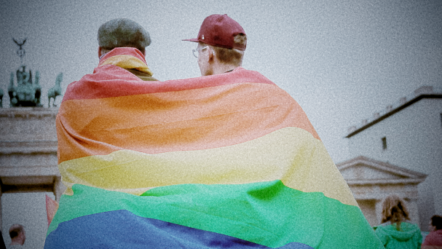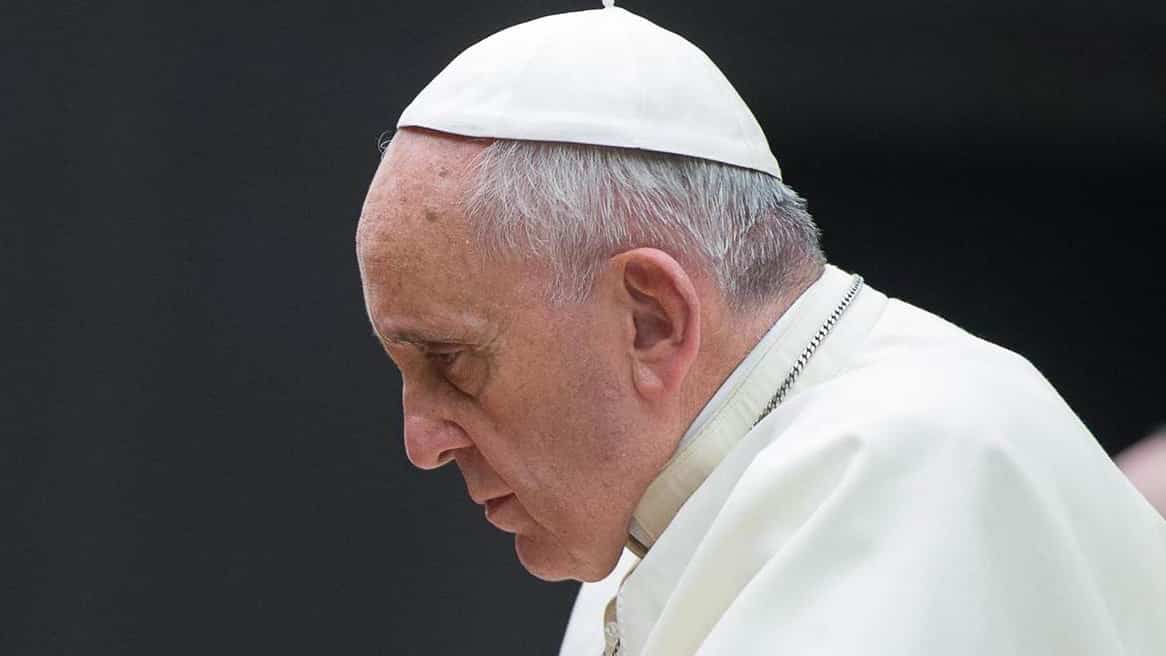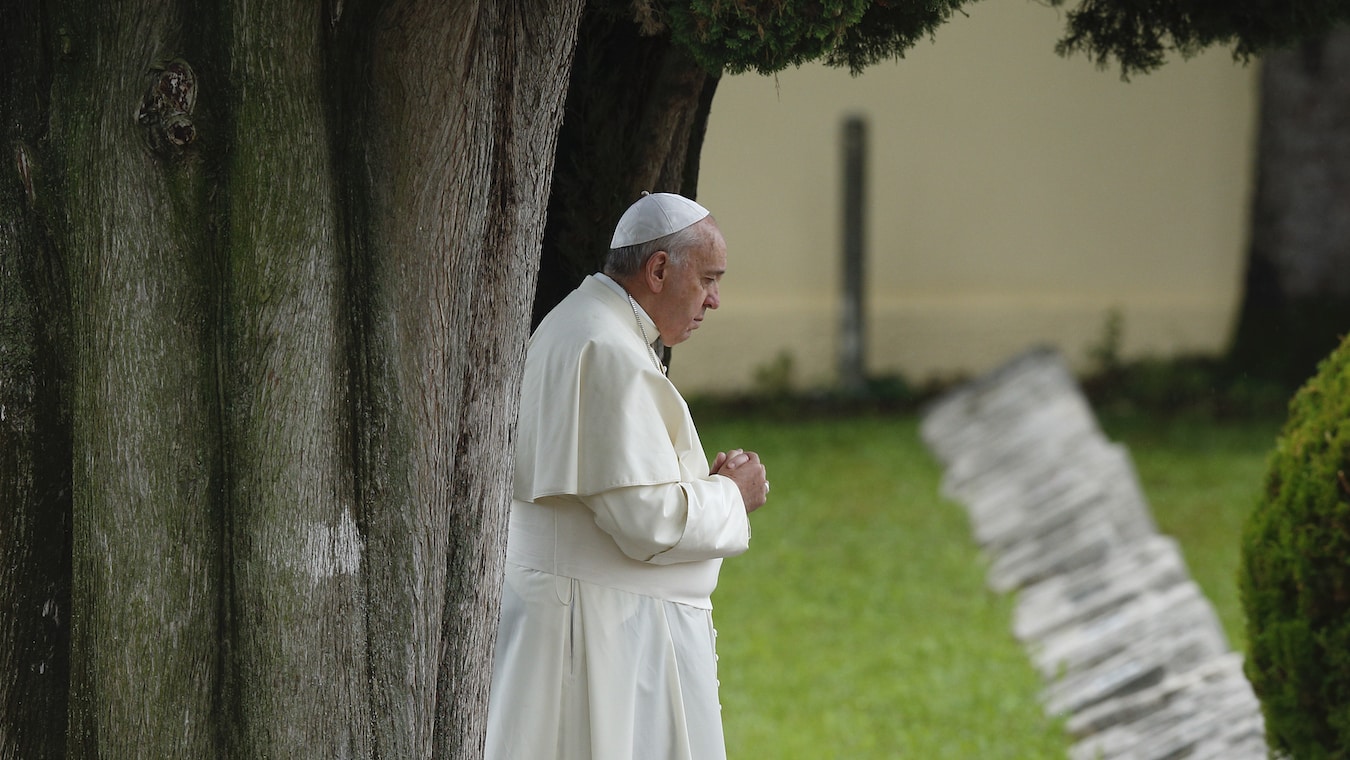Following Pope Francis’ approval of blessings for same-sex couples, the Jesuit publication America Magazine published reactions from U.S. bishops, as well as from others. A statement by the U.S. Conference of Catholic bishops pointed out the “distinction between liturgical (sacramental) blessings, and pastoral blessings, which may be given to persons who desire God’s loving grace in their lives. The Church’s teaching on marriage has not changed, and this declaration affirms that, while also making an effort to accompany people through the imparting of pastoral blessings because each of us needs God’s healing love and mercy in our lives.”
Here are some other reactions to Francis’ blessings for gay couples:
Greg Krajewski, a married gay advocate for equity, inclusion, and justice for LGBTQ+ persons called the blessing for same-sex couples “monumental” and “an early Christmas gift.” Cardinal Blase Cupich called the Pope’s declaration “a step forward,” and a pastoral expression of ”Jesus’s desire to be present to all people who desire grace and support.”
Archbishop Salvatore Cordileone was more cautious, saying that the Pope’s declaration should not be regarded as infidelity to the Lord. Bishop Andrew Cozzens was closer to Cordileone, saying “[W]hen people come to the Church seeking her blessing let us also proclaim to them the saving love of Jesus found through repentance for all of us who are sinners.” Cardinal Sean O’Malley’s reaction was also cautionary: “Priests imparting these blessings need to be careful that it should not become a liturgical or semi-liturgical act, similar to a sacrament,”
Theologian Ulrich Lehner, a theologian, and Stephen White, executive director of The Catholic Project, were considerably more critical of the blessing than the prelates were. Lehner said that the declaration’s “imprecise language” represented an “invitation to schism.” White said it is “bound to cause precisely the kind of confusion and scandal . . . [that] must be avoided.”
I find the two laymen’s views both more reasonable and more in keeping with traditional Catholic teaching than the prelates’ views. I understand that the prelates feel obligated to avoid challenging the Pontiff, but they have a prior and more important obligation to convey moral truth to their congregations. And that obligation starts with anticipating the questions Francis’ declaration of blessing raises for every rational person, questions like these:
Why a special blessing for those who engage in the sin of sodomy? Why not, as well, a special blessing for other kinds of sinners? For example, adulterers, pedophiles, excommunicated heretics, married couples who practice artificial birth control? And why stop there? Why not special blessings for other sinners such as shoplifters, car thieves, wife-beaters, slanderers?
After all, what is so special about homosexuals? To give only them a special blessing is clearly preferential. Doesn’t progressive theology, like other forms of progressivism, consider all preferences sinful? I suppose that problem could be solved by making sinfulness itself a matter of perspective by declaring that one person’s sinfulness is another’s virtue. But I doubt even very woke prelates are willing to go that far. It would be comparable to Pandora’s mythical mistake of releasing untold curses on humankind, and thus would lead to an embarrassing rephrasing of scripture.
Imagine a new edition of the Bible with additions like the following boldface ones: Isaiah 5:20 “Woe, or a blessing if you prefer, to those who call evil good and good evil, who put darkness for light and light for darkness, who put bitter for sweet and sweet for bitter.” Matt 18:6 “But if anyone causes one of these little ones who believe in Me to stumble, it would be better for him to have a large millstone hung around his neck and to be drowned in the depths of the sea . . . or, alternatively, to visit his pastor for a blessing.”
Such changes would be outrageous, but that is precisely where elevating one variety of sinner over others leads. Laypeople who have never taken a class in logic or theology can be forgiven for not understanding this. Highly educated and anointed members of the hierarchy cannot. Nor will lukewarm or half-hearted responses satisfy their obligation. These scriptural passages make clear the importance of responding firmly and unequivocally.
2 Peter 2:1 “But false prophets also arose among the people, just as there will be false teachers among you, who will secretly bring in destructive heresies, even denying the Master who bought them, bringing upon themselves swift destruction.” 1 Timothy 6:3-5 “If anyone teaches a different doctrine and does not agree with the sound words of our Lord Jesus Christ and the teaching that accords with godliness, he is puffed up with conceit and understands nothing.” Acts 20:30 “And from among your own selves will arise men speaking twisted things, to draw away the disciples after them.” Galatians 1:8 “But even if we or an angel from heaven should preach to you a gospel contrary to the one we preached to you, let him be accursed.” Revelation 3:16 “So because you are lukewarm, and neither hot nor cold, I will spit you out of My mouth.
The greater the danger to the faith, the more crucial hierarchical leadership becomes, which makes feeble responses all the more troubling.
Copyright © 2024 by Vincent Ryan Ruggiero. All rights reserved.








